South Australia is set to become the first state in Australia to ban single-use plastics!
On the 1st of March, SA effectively banned the sale, supply and distribution of certain single-use plastics, including plastic straws, cutlery and plastic stirrers.
But they’re not stopping there. In early 2022, single-use cups, bowls, plates and clamshell containers made from polystyrene will also be banned.
SA’s ban on single-use plastics is a huge step in the right direction, and it’s bound to have an impact on other states and territories. We’re left wondering — which state will be the first to follow SA’s lead?
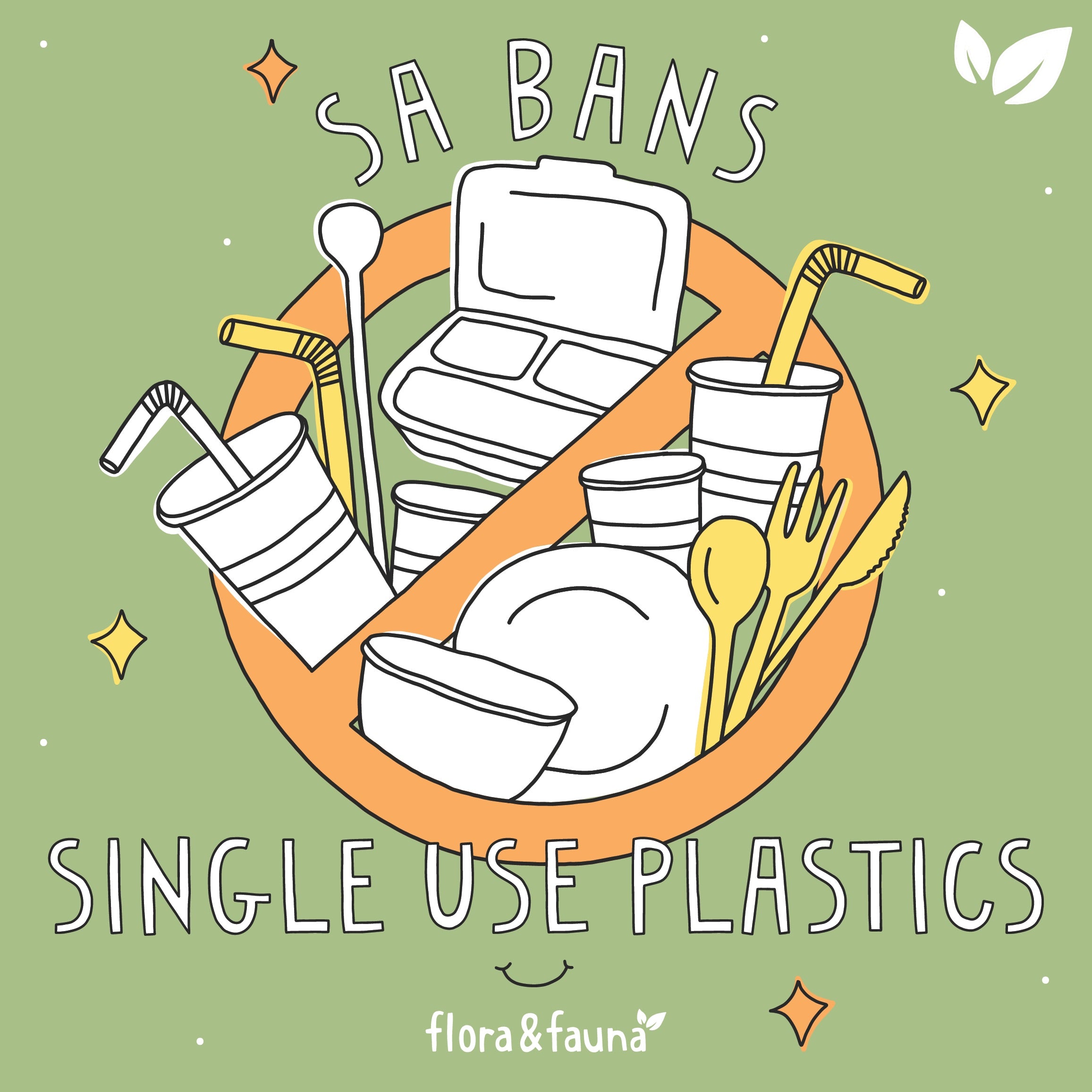

Why has SA banned single-use plastics?
Single-use plastics are designed to be used once and discarded. Our dependence on these single-use plastics has created a huge plastic pollution problem.
If you’ve ever participated in Clean Up Australia Day, you won’t be surprised to hear that three-quarters of the rubbish found along the coast is plastic.
This is because approximately 130,000 tonnes of plastic end up in our waterways and oceans every year. Single-use plastic straws, for example, can take 200 years to break down into microplastics, which are ingested by seabirds, turtles and other marine species.


It’s clear that the only way forward is to phase out these harmful plastics. South Australia’s Environment Minister, David Spiers, is at the forefront of the new ban.
“We are protecting our environment for future generations, reducing marine and other litter, and promoting the circular economy with a shift away from a single-use, throwaway mindset,” Minister Spiers said in a Media Release.
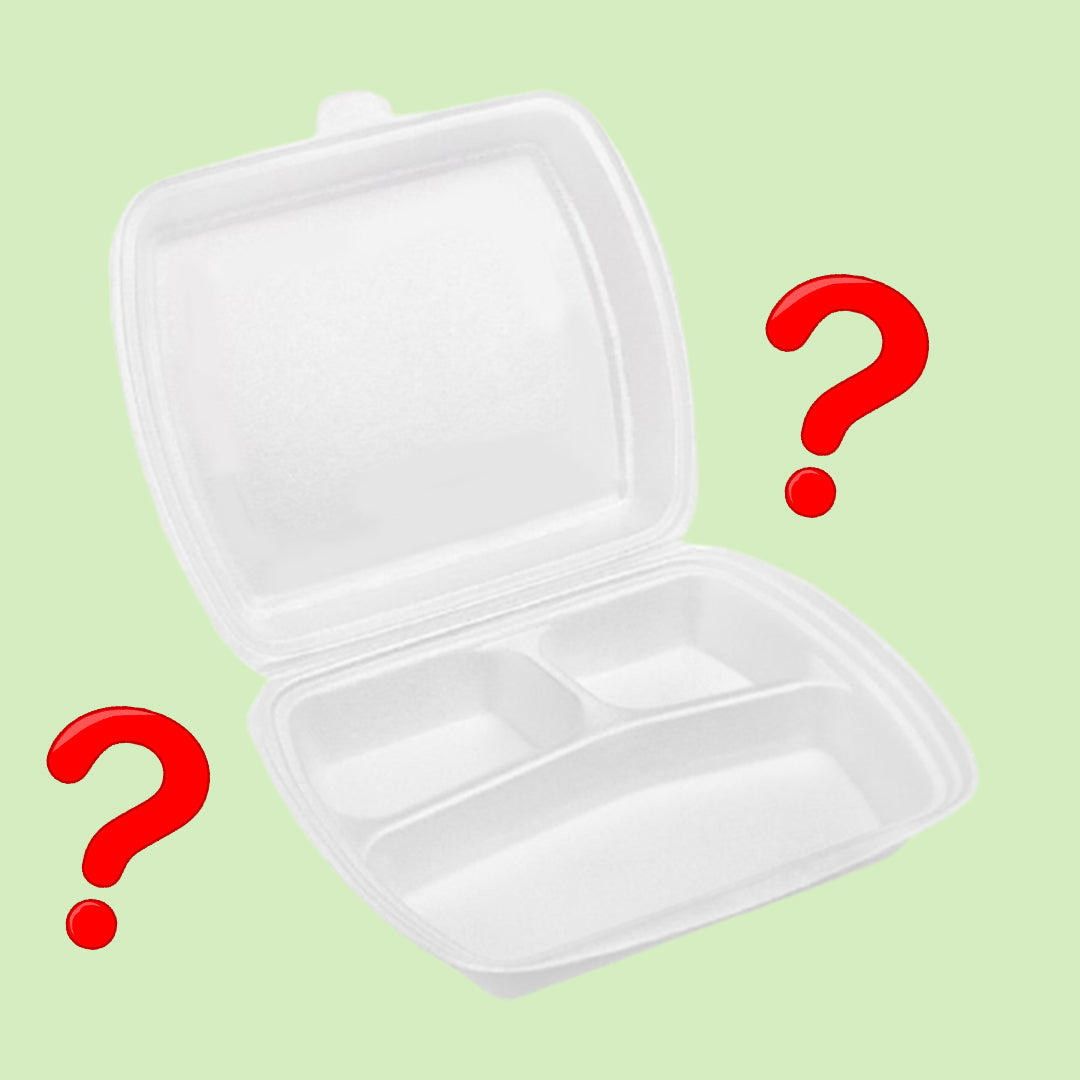

How soon can we expect other Australian states to ban single-use plastics?
It’s a slow-moving process, but we are beginning to see some action at a national level.
Queensland is set to ban single-use plastic straws, plates, cutlery and stirrers as early as September this year. It’s unclear whether takeaway polystyrene containers will be included in the ban.
Victoria is set to phase out and ban single-use plastic straws, cutlery, containers, cotton buds and polystyrene items by 2023.
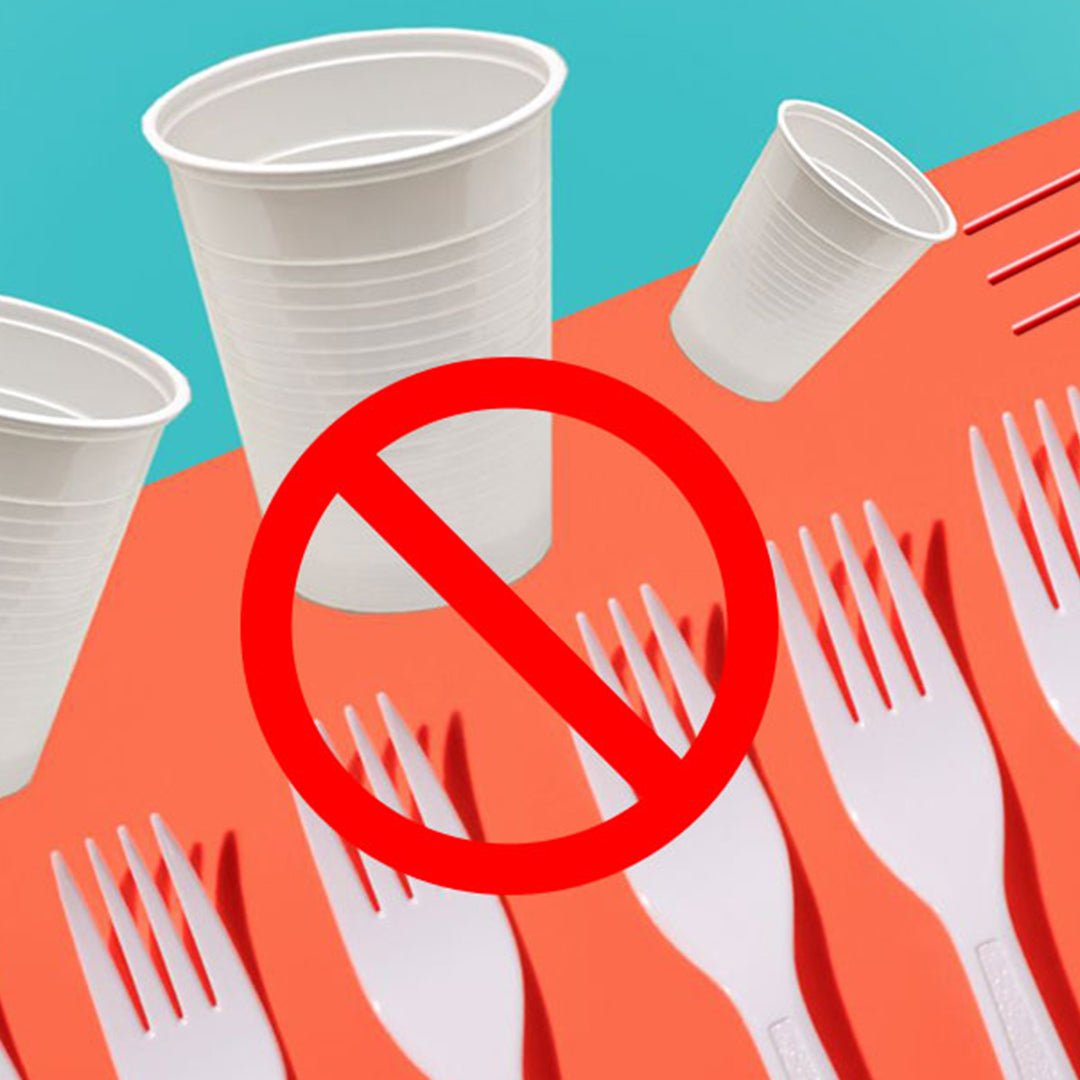

Western Australia plans to phase out single-use plastic plates, cutlery, stirrers, straws, thick plastic bags, polystyrene food containers and helium balloons by 2023. Polystyrene packaging and other plastics will be phased out in the future (post-2023).
The ACT is set to ban single-use cutlery, drink stirrers and polystyrene takeaway food and beverage containers from the 1st of July 2021. In 2022, this list will be expanded to include single-use straws, barrier bags for fruit and vegetables and products made from oxo-degradable plastic.
New South Wales, Tasmania, and the Northern Territory have made NO commitments to ban single-use plastics as states, however, Hobart was the first Australian city to ban single-use plastics.
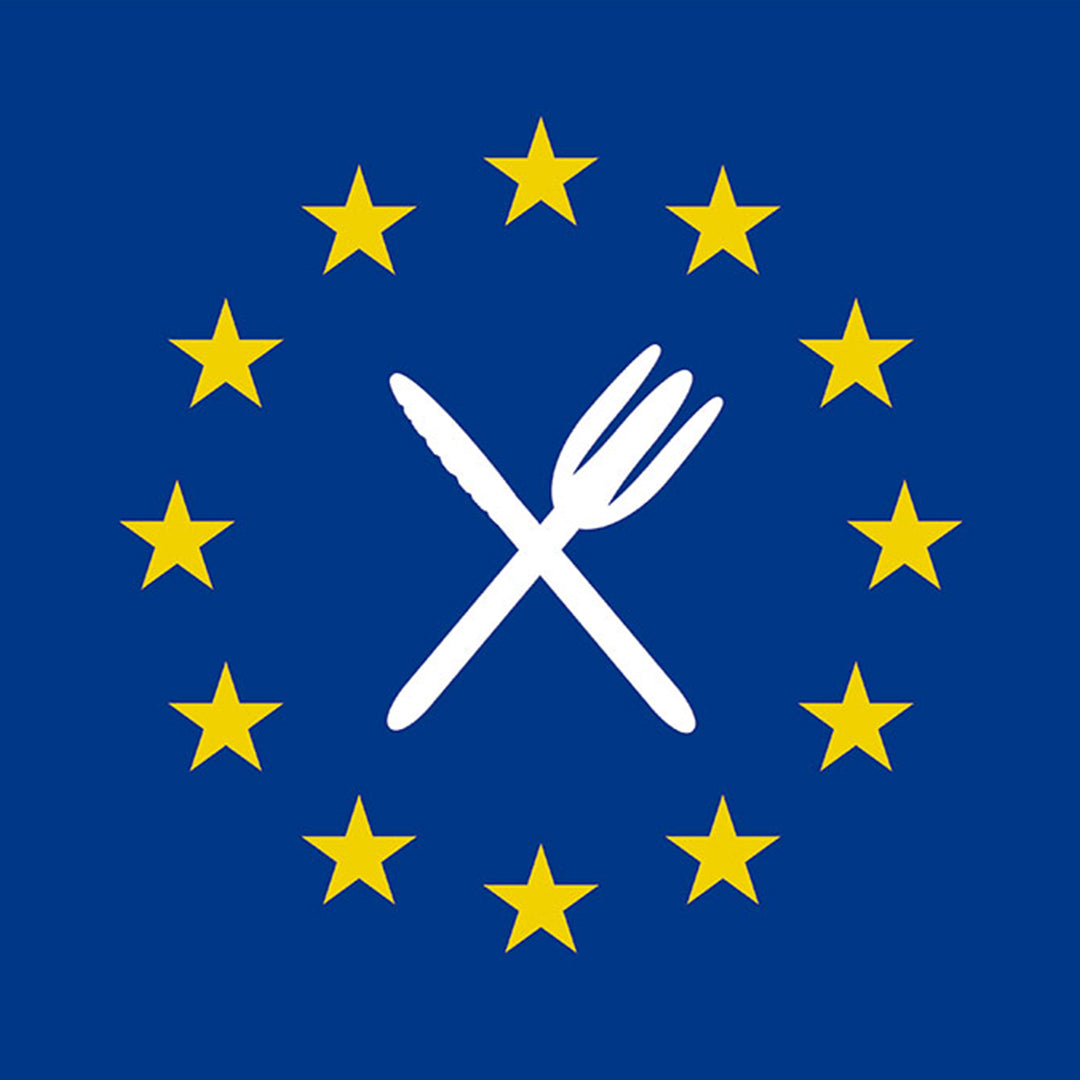

Global Action to Ban Single-Use Plastics
There’s some amazing environmental action happening in cities, states and countries all around the world.
The European Union is taking a huge step in addressing its plastic pollution! Single-use plastic cutlery, plates, straws, plastic cotton buds, balloon sticks, oxo-degradable plastics and polystyrene cups will be banned from July this year.
Canada is looking to ban plastic grocery bags, straws, stir sticks, six-pack rings, cutlery and food take-out containers by the end of 2021!
China, one of the largest sources of plastic pollution, announced a five-year plan to phase out single-use plastics. Commencing in 2020, China phased out single-use straws and plastic bags in major cities. China’s restaurant industry must reduce the use of single-use items by 30%, and hotels must completely phase out single-use items by 2025.


Late last year, England effectively banned the sale and distribution of single-use plastic straws, stirrers and cotton buds. To put this into context, people in England use around 4.7 billion plastic straws, 316 million plastic stirrers and 1.8 billion plastic-stemmed cotton buds every year!
Out of the 54 states in Africa, 34 have passed a law to ban plastic bags — 16 have completely eradicated the use of plastic bags! In 2020, Rwanda became the first country in Africa to issue a complete ban on all single-use plastics. Pretty impressive!
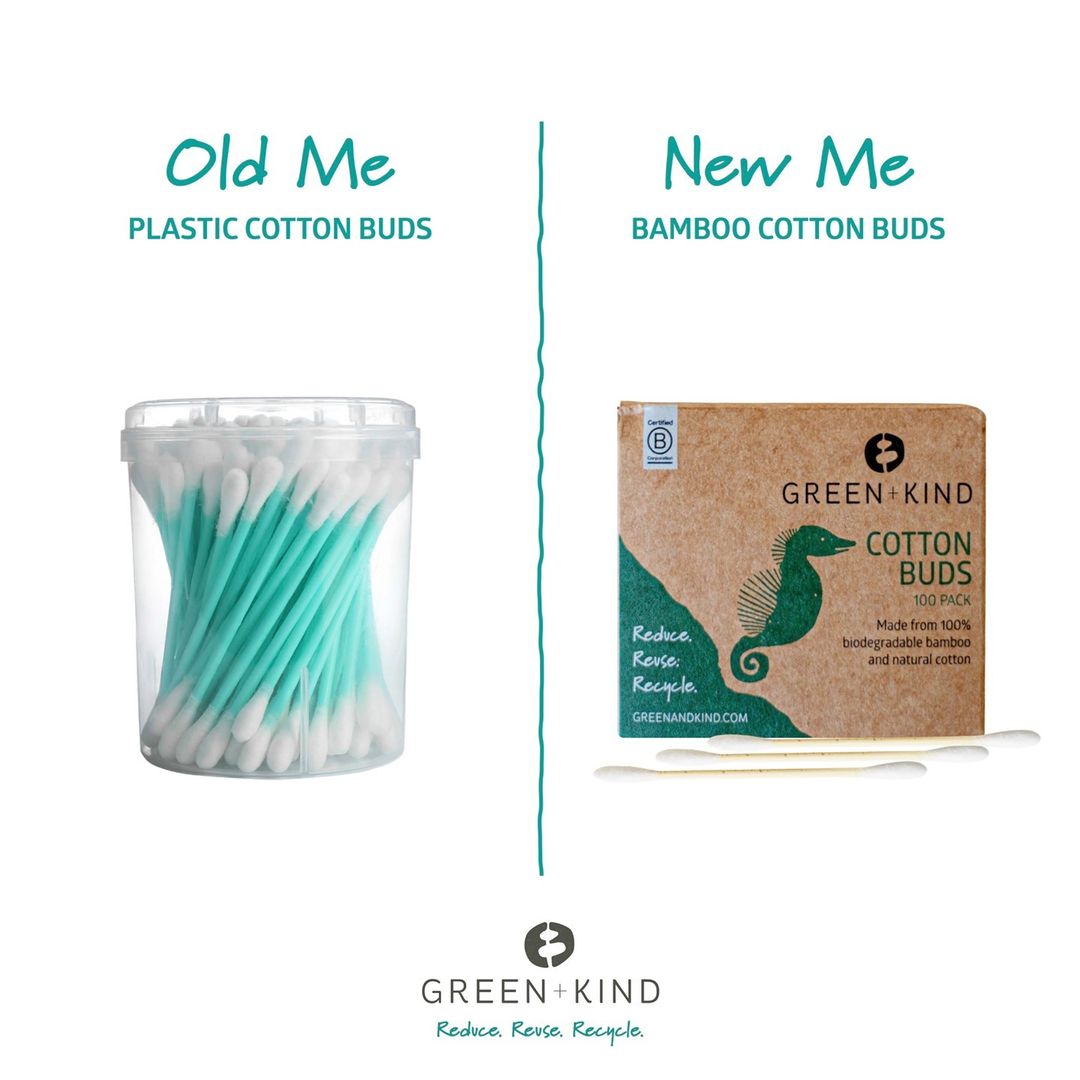

How can you help to implement the ban of single-use plastics?
If you’d like to protect our marine species and rid our beaches of plastic pollution, there are a few ways to make a difference as an individual.
First, it’s essential to reduce your own dependence on single-use plastics. Here are 5 Ways To Reduce Your Plastic Waste, and make sure you check out Flora & Fauna’s Plastic Free Guides! These helpful guides have some handy tips to reduce plastic at home and at work.
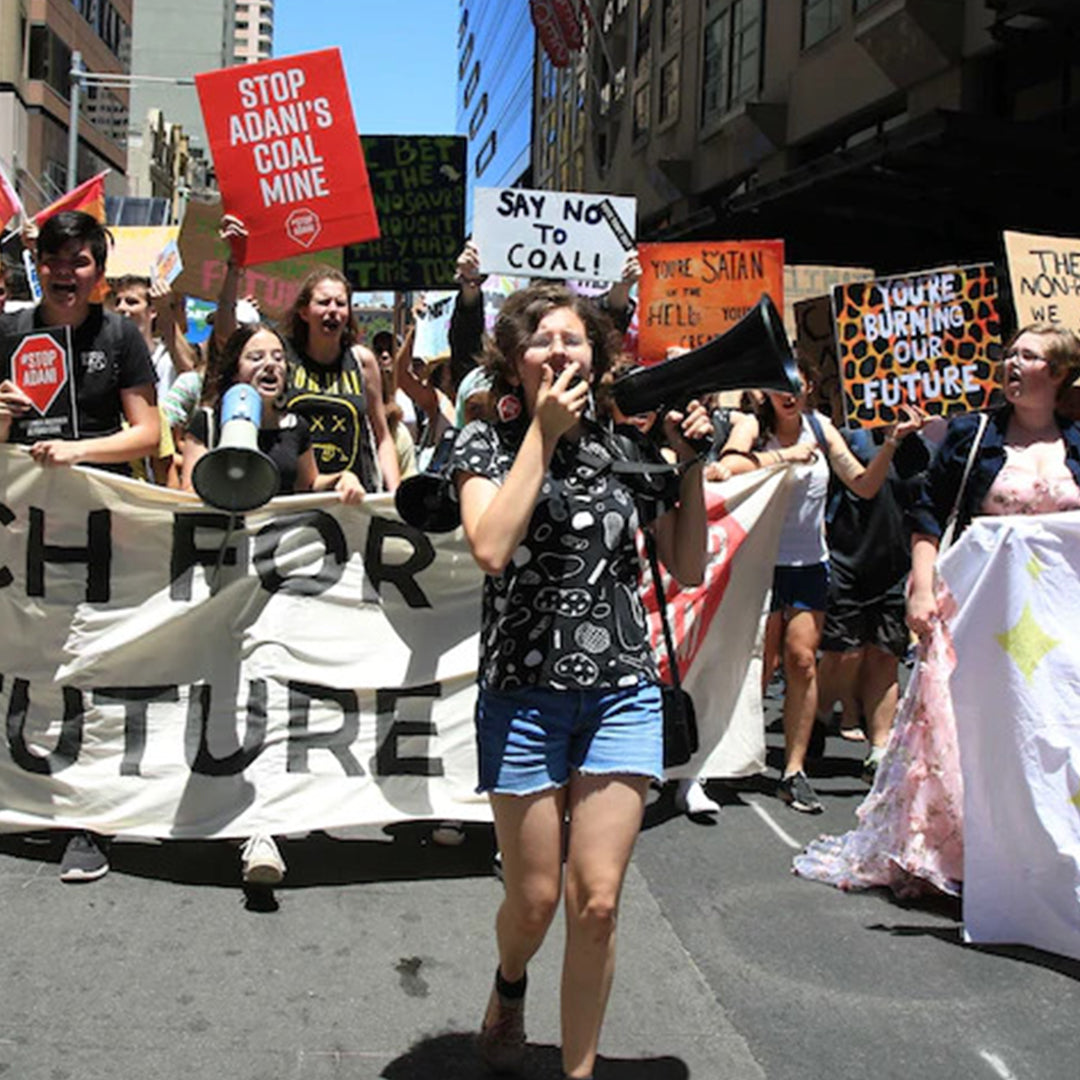

Make Your Voice Heard!
Second, consider writing to your local MP to express your concerns; gather members of your community and request a meeting. Here is a fabulous template/resource by the Australian Marine Conservation Society (AMCS) that outlines how to request, plan and run a meeting with your local MP.
It’s time for us to speak up and put pressure on Aussie states and territories to ban single-use plastics. We need a cohesive, national approach to ban these harmful plastics — protecting our marine wildlife and beautiful coastline depends on it!
If you want to see a nation-wide ban on single-use plastics, please consider signing this petition by the Australian Marine Conservation Society!

